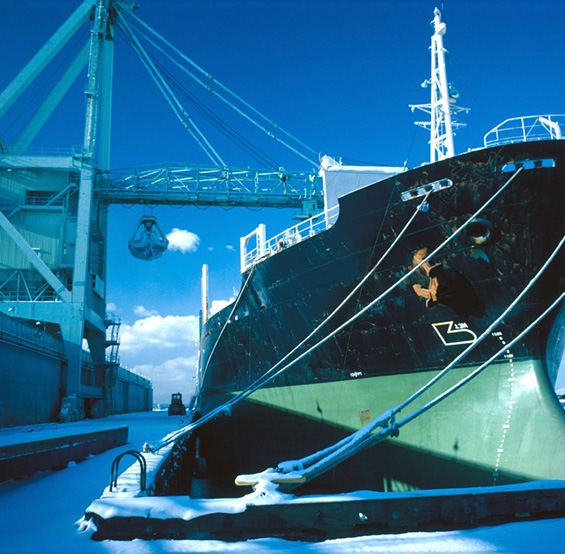The Business Action to Stop Counterfeiting and Piracy (BASCAP) initiative – part of the International Chamber of Commerce — has issued a study outlining the steps that intermediaries can take to help keep fake and pirated products out of the supply chain and off the internet.
The study — Roles and responsibilities of intermediaries: Fighting counterfeiting and piracy in the supply chain — looks at key intermediaries in the physical world and those providing infrastructure and services online, yielding the most comprehensive review to date of the many types of intermediary channels that are being utilized by criminal networks to sell and distribute fakes and pirated content.
BASCAP Director, Jeff Hardy said: “Trade is being revolutionized by the emergence of integrated global value chains and the explosion of online commerce. Intermediaries—from express shipping firms through to online search engines—are now a central part of the global economy. This is an overwhelmingly positive development, but intermediaries must ensure they have adequate systems in place to address growing counterfeiting and piracy risks.”
The study exposes a number of shortcomings in the global network of infrastructures and services that produce, sell and deliver products to customers worldwide, and calls on responsible intermediaries to do more to prevent the sale of counterfeit goods, and pirated content.
Paris-based Mr Hardy said: “Most intermediaries, when better informed about potential exploitation and the damage done by counterfeiting and piracy, demonstrate a willingness to secure their portion of the supply chain from abuse. This is, quite rightly, a core reputational issue for leading firms. The BASCAP study outlines a range of measures to help responsible businesses deal more effectively with potential vulnerabilities in their operations and platforms.
“We’ve identified a range of best practices from express shipping companies implementing robust monitoring frameworks, through to search engines implementing enhanced takedown systems for infringing content and websites. But more can—and must—be done to eliminate weaknesses that are currently exploited by criminal networks. With the publication of this study no company can now say ‘this is not my responsibility’ or ‘there is nothing we can do’.”
The study highlights how supply chain vulnerabilities put consumers at risk from unsafe and unauthentic products. According to the OECD more than US$250 billion in counterfeit goods moves across borders each year. When internet infringements, in-country sales or indirect losses to governments and consumers are included, the estimated global impact of these illegal activities could add up to more than US$1.7 trillion a year, the trade body adds.
Mr Hardy added: “Intermediaries must make combatting counterfeiting and piracy a first-order priority. We’ve seen intermediaries take steps to protect the supply chain from illicit and illegal activities in other areas—such as money laundering and the sale of narcotics. The challenge is to encourage all intermediaries to follow best practices and apply similar preventive measures to counterfeiting and piracy.”
“Our study shows this is achievable by using readily available technologies and standard business practices. The BASCAP recommendations should be seen as a starting point on how to embed best practices throughout supply chains and in online systems globally. We need rights holders and intermediaries to work together to make that happen.”
Background
In 2004, ICC launched the Business Action to Stop Counterfeiting and Piracy (BASCAP) to combat product counterfeiting and copyright piracy worldwide. BASCAP member companies comprise a network of multinational companies that value the protection and enforcement of intellectual property. Member companies drive the group’s agenda, directly contribute to policy recommendations and work with high-level experts and government leaders to implement tangible IPR improvements.
The 120-page report identifies a number of best practices that key intermediaries in the physical world and those providing infrastructure and services online can adopt to counter counterfeiting and piracy risks. These include:
Establishing and enforcing clear contract terms;
Establishing robust systems for knowing customers and suppliers;
Developing industry standards and codes of practice;
Identifying and guarding against high-risk behavior patterns;
Adopting preventive tools; and
Deploying advanced technologies and information sharing systems.
The report can be accessed on the BASCAP website.









